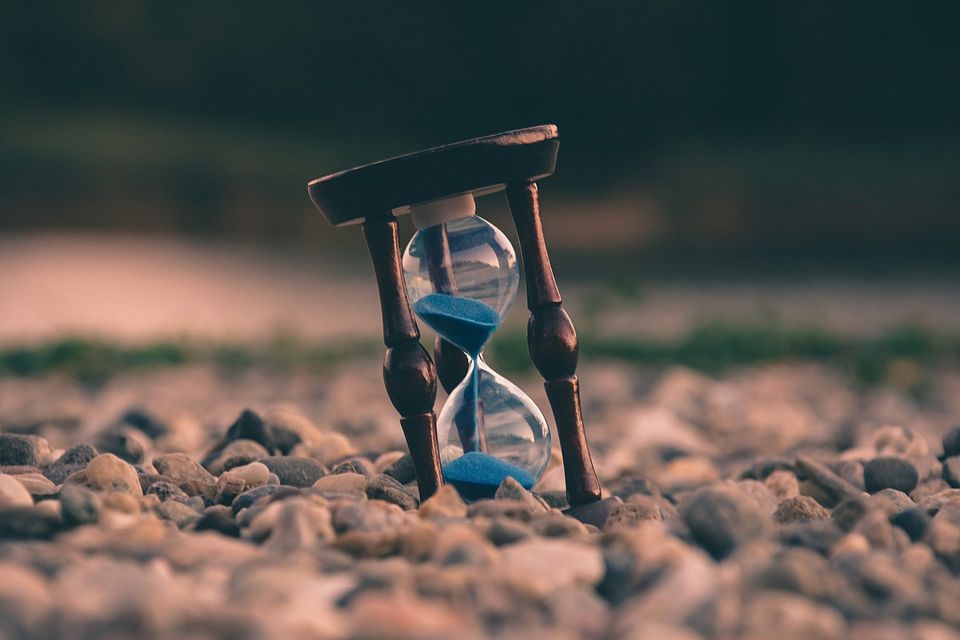Covid predictions…
How long will we need to consider covid?

Back in October 2020 the University of Liverpool’s Professor Julian Hiscox said, “We might be back to some semblance of normality by summer time next year, but we won’t be ‘back to 2019’ for five years.” Now, with some experts predicting a third wave in Wales on the way, more of the people in the know are saying full recovery and ‘back to normal’ will be a long time coming.
It looks like regular booster vaccines will be likely in future, according to the head of COVID-19 Genomics UK, a consortium dedicated to sequencing various coronavirus genomes. Increasing numbers of scientists are warning that managing the virus means we’ll have to change our way of life ‘forever’. In their view, and it’s an increasingly widely-held view, it’s likely the virus will still be around for many years to come, becoming something called an ‘endemic infection’ that’s always there in the background, like flu.
On the bright side, change is not always 100% bad. Humanity will eventually come to terms with the virus, creating a new relationship with it, where it doesn’t disrupt our lives anywhere near as much. This is what tends to happen with pandemics, and there’s no reason to believe covid will act any differently.
With luck and a fair wind behind us, either the many different vaccines being developed across the world, or being infected several times, both have the capacity to give us enough immunity to stop the virus being as deadly as it is now. But it isn’t going to be an easy process. As Professor Mark Woolhouse from Edinburgh University said in October last year, “This will settle down over decades. The problem is what happens over those decades. I don’t see a route that isn’t painful in one way or another.”
Then there are outlier nations like Brazil, where leaders are sceptical and covid hasn’t been handled at all well. They’re fast becoming no-go areas, too dangerous to visit and at horribly high risk of more, deadlier variants emerging. This does not bode well for a fast return to international travel.
What will the future look like around distancing and masks?
Scientists predict that some level of social distancing will probably carry on for a long time to come, despite entire populations being vaccinated. At-risk groups like the elderly and immune-suppressed might need to keep sheltering or taking extra precautions for years too, thanks to ongoing uncertainty about the length and quality of the protection they get from vaccines.
Going back to normal will, at the very least, demand that vaccines stop people from spreading the virus as well as protecting them from the illness. Optimists say there will be enough immunity to reduce transmission rates to a very low level, which means there will no longer be a crisis but we’d still need to socially distance and wear masks, and carry on with the hand-washing. Less optimistic experts suggest this too might need to carry on for ‘years or decades’. As Professor Woolhouse said back in October, “I suspect life has changed to some degree forever, I don’t think there is a going back. There is a ‘new normal’.”
Enter the future with a level of confidence
Against this backdrop, it’s clear that it makes more business sense to prepare for a new normal than to keep on harking back to the pre-covid definition of normality. Our safe, affordable and highly effective UVC LED disinfection tech is helping increasing numbers of businesses of every size do exactly that. How about yours?










